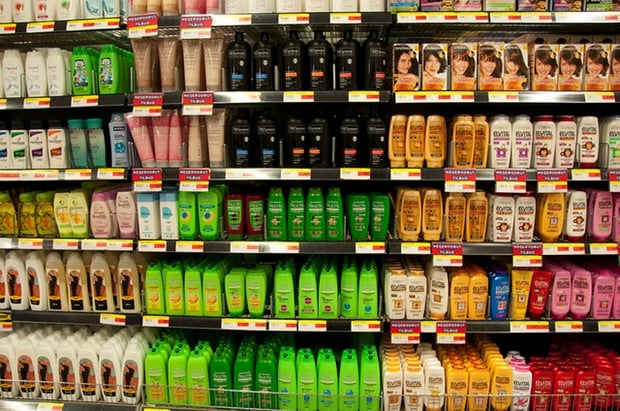Most of us can only dream about the luscious locks paraded in front of us on TV commercials. So we slather product after product on our hair, to no avail. Turns out if we truly want a better mane, we need to step out of the bathroom and get to work in the kitchen.
Healthy hair starts with having a healthy scalp, which, as with the rest of your skin, can be achieved through a nutritionally sufficient diet. Dull, brittle hair or shedding are all signs that your diet is not working in favor of hair health, says Cheryl Harris, a registered dietitian based in Alexandria.
Read on for the types of food to eat to get the healthy hair you’ve always yearned for, as well as when it might be time to see a doctor.
For a Healthy Scalp, Eat . . .
Avocados. The first step is to add foods rich in omega-3 fatty acids, such as salmon, avocados, or chia seeds to your diet, Harris says. The omega-3 fatty acids and proteins from these foods add to the health of your scalp, which keeps tresses shiny and strong.
To Avoid Brittle Hair, Eat . . .
Beans. To get the necessary amount of iron and zinc, Harris suggests turning to foods such as beans. “If you are deficient in iron or zinc, your hair is going to be brittle,” she says.
For Longer Hair, Eat . . .
Kale. Georgetown Skin’s dermatologist Howard Brooks suggests consuming foods high in biotin, such as dark leafy greens, including kale, collards, and spinach. Peanuts and eggs are great options, too. Biotins are necessary for overall healthy cell growth, which contribute to hair growth.
What to Avoid Altogether . . .
Crash diets. According to a Cleveland Clinic study, crash diets can lead to deficiencies in zinc, iron, vitamin D, or biotin, and can even cause hair loss, as cell growth is stunted without these necessary nutrients.
Brooks also advises avoiding diets high in carbs and sugars or with a high glycemic index, which can cause fluctuations in your glucose levels. “Rising glucose levels increase hormones in your skin, leading to oil production, which can cause folliculitis [inflammation of hair follicles],” he says.
According to Harris, anything that isn’t good for your skin, such as trans fats, isn’t good for your hair either, as it displaces necessary nutrients.
“You want to make sure you are eating the appropriate amount of calories and protein in general,” she says. “Not eating enough will negatively affect your whole body, including hair.”
But if the hair loss is severe or rapid, Harris encourages a trip to the doctor, as a medical condition may be the root of your problem.
“If you are suddenly having an issue with your hair, the first stop should be to your doctor, since there are several common illnesses that can affect hair,” says Harris. “Thyroid issues, anemia, or polycystic ovary syndrome [PCOS] are all very common in women, and require a doctor’s help.”



















